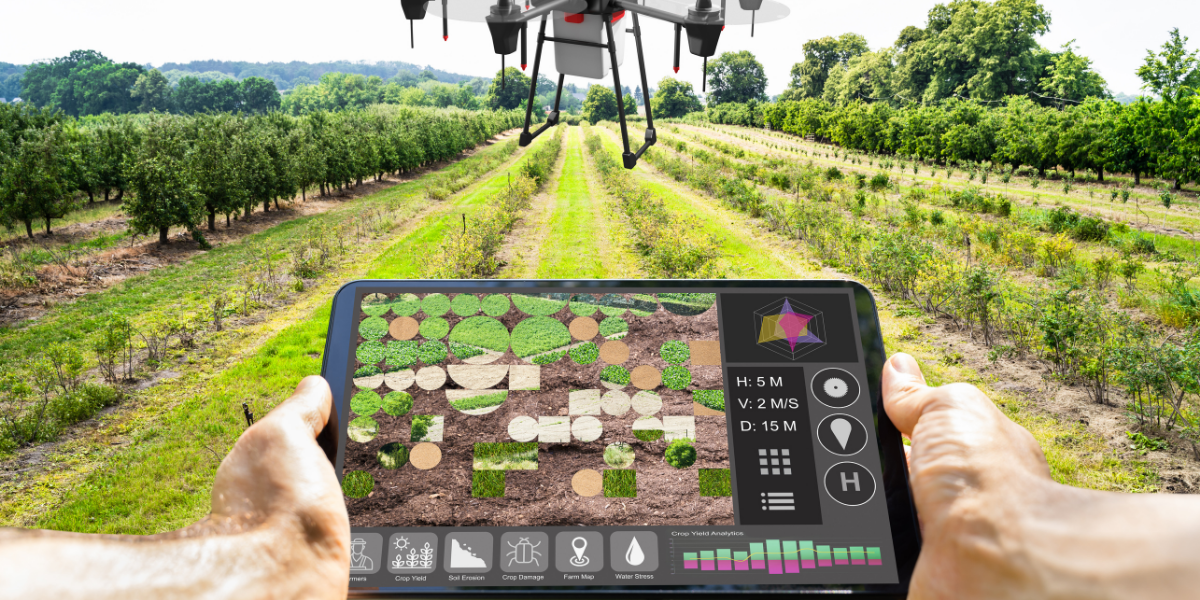Science was always my favorite subject in grade school and during my undergraduate career. My favorite class in college was biology and despite the stress level, I found chemistry to be fascinating and I loved the challenge. Was it always easy? Of course not – it was science, and its level of difficulty was one of the many reasons I ultimately decided to change my major from pre-vet to agricultural communication. I understand that science can be confusing and at times make you want to pull your hair out, but at the same time it is such an important part of life that everyone should have a basic understanding of scientific concepts.
I believe that one reason people are so skeptical and even dismissive of science today is because they don’t understand basic science – and many don’t seem to be willing to take the time to understand something new if it isn’t required of them.
The anti-science movement
Unfortunately in today’s society there is an entire movement of people that dismiss science, which can have consequences on the society as a whole. A key example of this movement is the parents who refuse to vaccinate their children and cause otherwise healthy children to develop diseases that should have never resurfaced because of the advances in medicine and science.
All the science points to why vaccinations are necessary, yet some parents think they know what’s best and choose not to vaccinate their children. Why?
This movement not only affects public health, but modern agriculture as well.
Science and agriculture
Some people believe that science has no place in agriculture and that growing crops and raising livestock should be as “simple” as it was in the old days. There’s just one problem with this ideology – to say that science has no place in agriculture is like saying chocolate has no place in chocolate milk. It’s absurd.
Science and agriculture are not just related, agriculture is science. Agriculture is defined as the science or occupation of farming. Whether you choose to believe it or not, every decision that is made on a farm is science-based to ensure it is the best decision for the future of the farm, the handling and care of the livestock and the safety of workers.
Without science and advancements in agriculture we wouldn’t have the abundant food supply that we have today. Science allows farmers and other agriculturalists to combat drought, insects and disease while also being able to produce enough food for the growing population.
The anti-science movement has been spreading misinformation about modern agriculture practices for some time now because they either don’t take the time to understand the science behind the decision-making process or they don’t trust science.
What is good science?
A little skepticism isn’t bad to have, but when everyone thinks they are an expert on something and shares information that may or may not be true, it can be difficult to separate the good science from the bad.
Science is always advancing and subject to challenge from experiments, so a good rule to keep in mind when reviewing scientific studies is to trust but verify.
Here is a list of criteria to help you decide the credibility of science:
- Peer reviewed – Make sure the research is evaluated by other professionals and scholars in the same field.
- Publication credibility – Make sure the research is published in a scholarly journal.
- Double check – Find other sources that share the same findings.
- Consensus – One experiment doesn’t make something valid and accepted as the truth. Find other experiments that have come to the same conclusion.
Agriculture and science are two peas in a pod which is why I am planning to pursue a master’s degree in science communication. While kids and college students head back to school in the next few weeks, maybe all of us can take the opportunity to study up on science.
All posts are the opinion of the author and do not necessarily represent the view of the Animal Ag Alliance.







